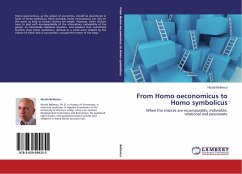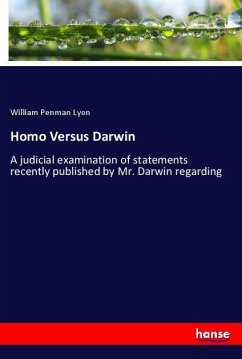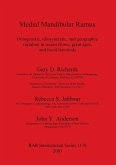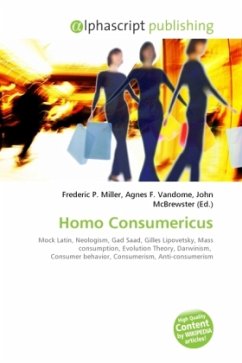Homo oeconomicus, as the subject of economics, should be abandoned in favor of homo symbolicus. More precisely, homo oeconomicus can stay on the scene as long as human choices are simple. However, when choices have to deal with incomparability of the alternatives, indivisibility of the goods, an intrinsically relational situation, and passions that overwhelm her/him, then homo symbolicus, defined as a social actor shaped by the culture of which s/he is surrounded, occupies the center of the stage.
Bitte wählen Sie Ihr Anliegen aus.
Rechnungen
Retourenschein anfordern
Bestellstatus
Storno








